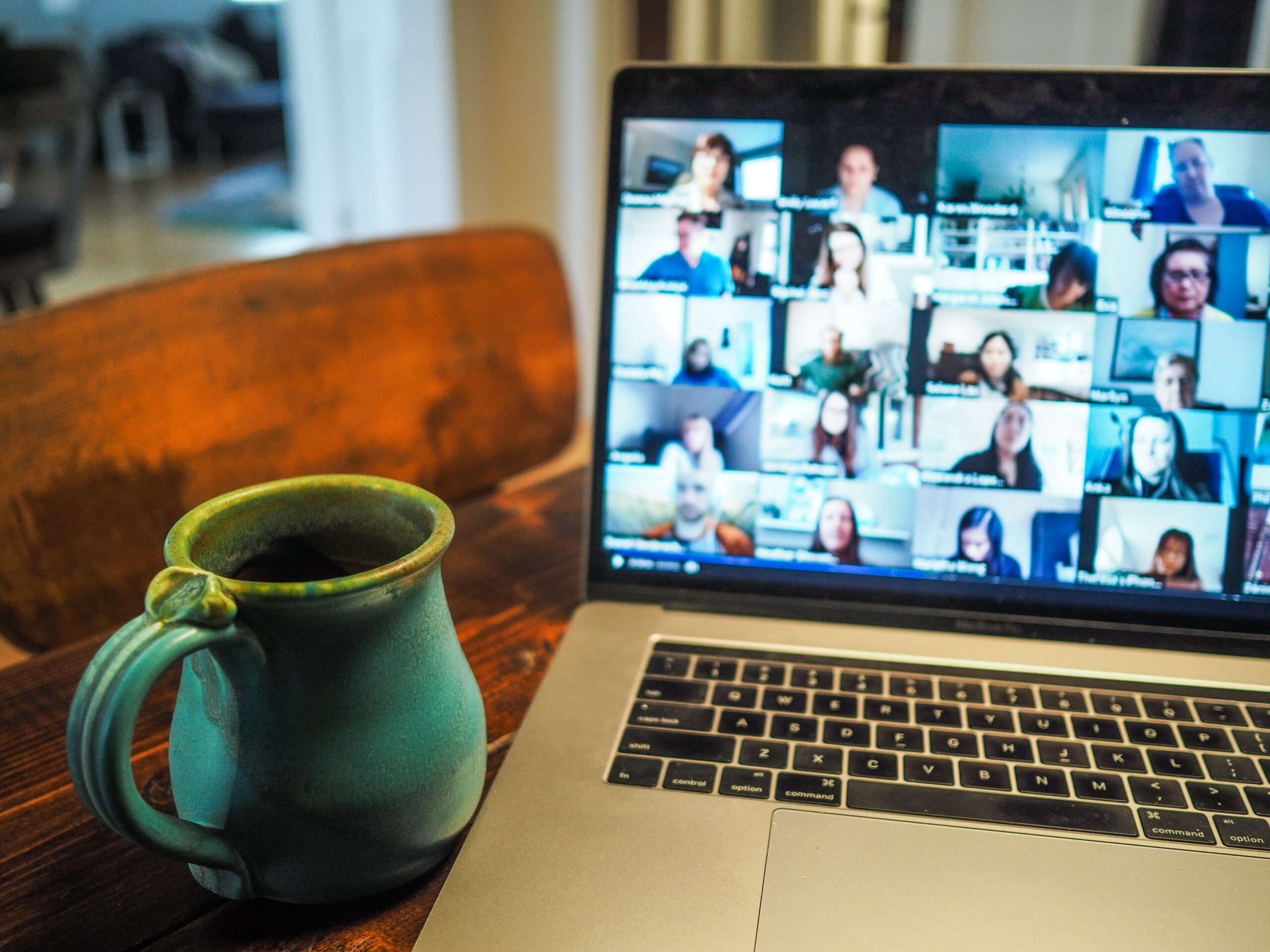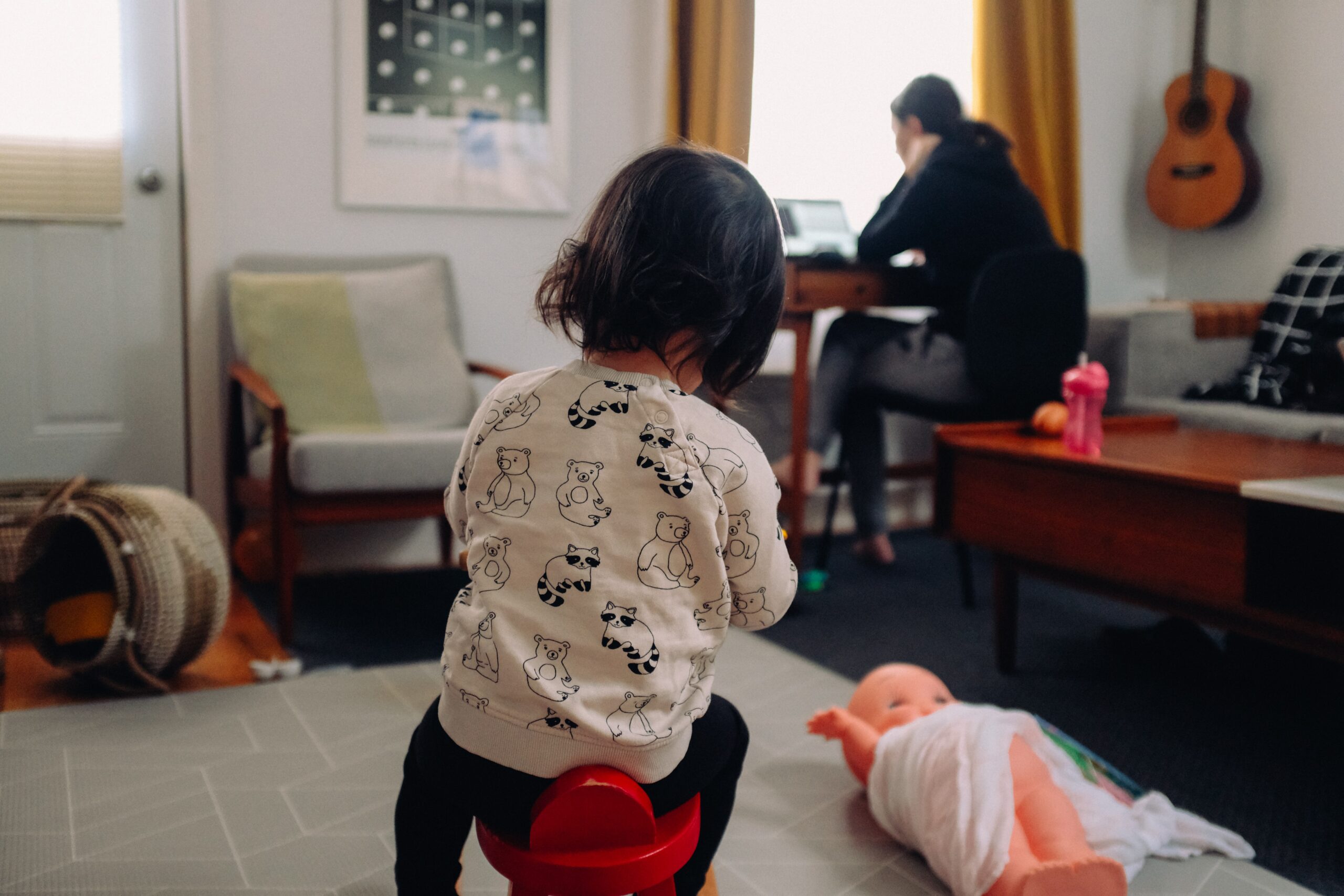As hundreds of thousands of workers continue to work from home in line with government guidelines during the Covid-19 pandemic, the Health and Safety Executive (HSE) has updated guidance for protecting home workers.
 Employers have the same health and safety responsibilities for home workers as they do for any other workers.
Employers have the same health and safety responsibilities for home workers as they do for any other workers.
The HSE explains that, whether workers are based at home temporarily during the pandemic or are permanently working from home, employers need to ensure they consider:
- How they will keep in contact with them?
- What work activities they will be completing and for how long?
- Can the activities be completed safely?
- Do they need to put any control measures in place to protect them?
Keep in touch
 Employees working from home are essentially lone workers with no direct supervision. This can mean they are at greater risk, and it’s important to maintain regular contact with them to ensure they remain healthy and safe.
Employees working from home are essentially lone workers with no direct supervision. This can mean they are at greater risk, and it’s important to maintain regular contact with them to ensure they remain healthy and safe.
Lone workers who receive little or poor contact can begin to feel disconnected or isolated, and this can affect their stress levels and mental health.
Manage DSE risks
For many people this year, working from home has become a long-term arrangement, and this means that the risks associated with working with display screen equipment (DSE) must be managed. This means that workstation assessments should be carried out at home.
 For those who are only working from home on a short-term basis, employers do not need to carry out workstation assessments, as there is no increased risk.
For those who are only working from home on a short-term basis, employers do not need to carry out workstation assessments, as there is no increased risk.
Workers should still receive advice on completing a basic workstation assessment at home, however, and should be aware of simple steps they can take to reduce the risks from DSE. These include:
- Taking regular rest breaks or changing activities to break up long spells of DSE work
- Regularly changing position and avoiding awkward, static postures
- Performing stretching exercises or simply ensuring you get up and move about regularly
- Changing focus and blinking from time to time to avoid eye fatigue
If workers have specialised DSE needs, then employers should try to meet these where possible. This may mean allowing workers to take specialised equipment home from the office.
Keep home working under review
Many workers may have begun working from home in March this year when the first national coronavirus lockdown was imposed, believing it would be a short-term arrangement. Continuing local restrictions and a second national lockdown, however, may have extended the working from home status into a more permanent arrangement.
For this reason, it’s important that employers keep DSE arrangements under review with their workers and check whether any additional measures are needed to protect their health and safety.
Support mental health
Finally, the HSE has advised that its vital that employers are looking after the mental health and wellbeing of their home workers.
 While some people benefit from working from home, many may experience work-related stress as a result, and this can affect their mental health. Being at home and isolated from managers and colleagues could make it difficult for these workers to get proper help and support.
While some people benefit from working from home, many may experience work-related stress as a result, and this can affect their mental health. Being at home and isolated from managers and colleagues could make it difficult for these workers to get proper help and support.
This is why it’s more important than ever to maintain direct contact with your workers. Look out for signs of stress so you can act as soon as possible to provide support.
Establish an emergency point of contact and share this with home workers so that they are aware of how they can access help if they need it.
For more detailed information and guidance about how to protect lone workers, head to the HSE’s website.
Consider specific training
First Response Training (FRT) is a leading, national training provider. They deliver over 7,000 courses each year in the fields of health and safety, first aid, fire safety, food hygiene, mental health, health and social care and other special focus topics.
Their diverse portfolio includes training awards in Lone Working, Risk Assessment, Managing Health and Safety, Managing Stress in the Workplace and Understanding Mental Health, among many others.
A trainer from FRT explains: “It must not be a case of ‘out of sight, out of mind’ for home workers.
 “Employers still have the same responsibilities to safeguard their health, safety and wellbeing as they do for staff based in the office. They are still part of the team, and should be checked up on regularly.
“Employers still have the same responsibilities to safeguard their health, safety and wellbeing as they do for staff based in the office. They are still part of the team, and should be checked up on regularly.
“Working from home can offer great flexibility and better protection during the current pandemic, but it can also bring its own issues; such as negatively impacting work/life balance and creating feelings of loneliness and isolation. Those who have children at home while they are trying to work can also face increased stress levels.
“It’s good that all of this is being recognised and that there is a wealth of information and guidance out there for employers. It’s important that they ensure they are familiar with it, and that they also consider specific training for lone workers where relevant.”
For more information on the training that FRT can provide, please call them today on freephone 0800 310 2300 or send an e-mail to info@firstresponsetraining.com.
For more tips and advice about how to work well from home, download our free infographic.
